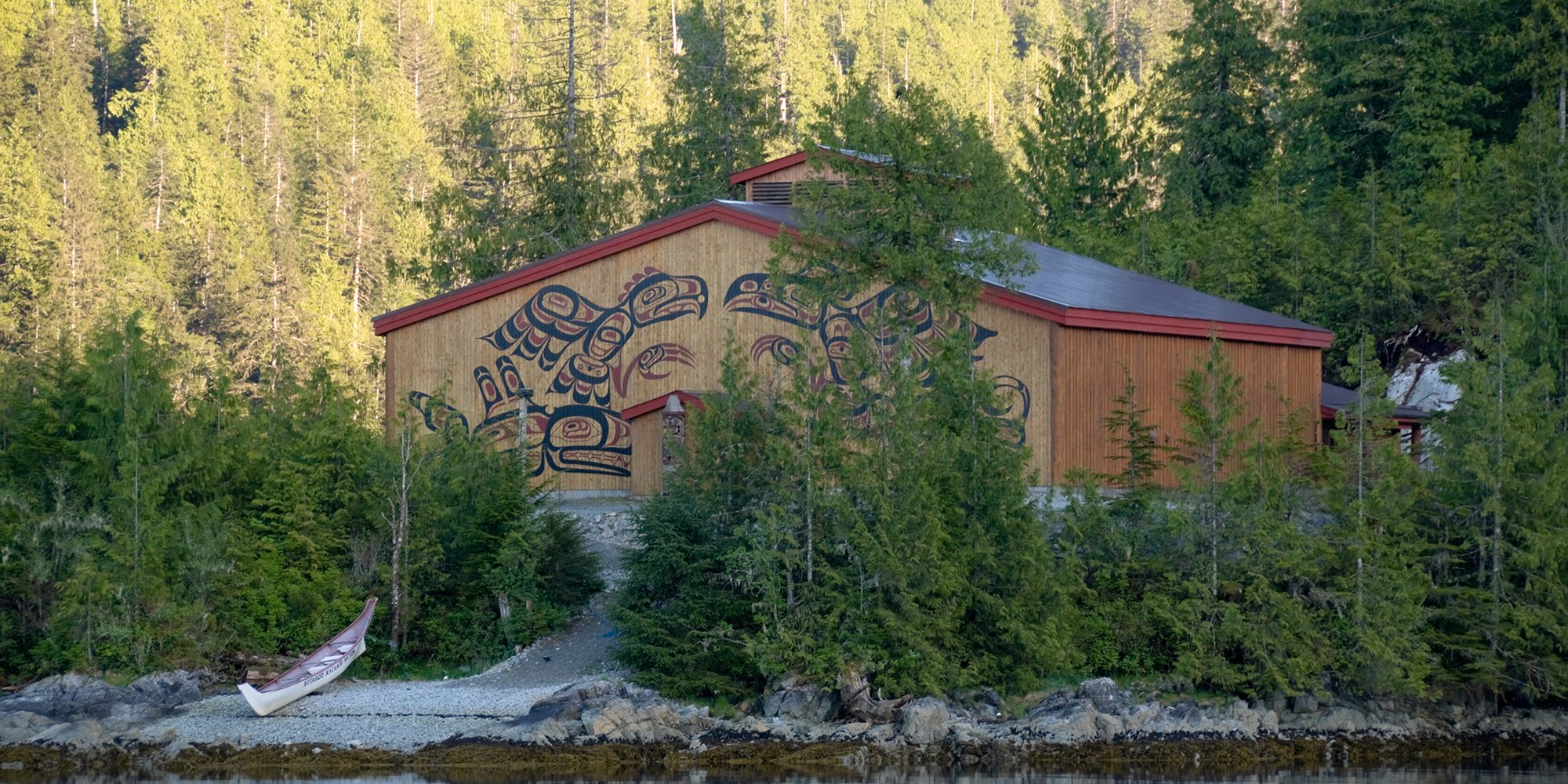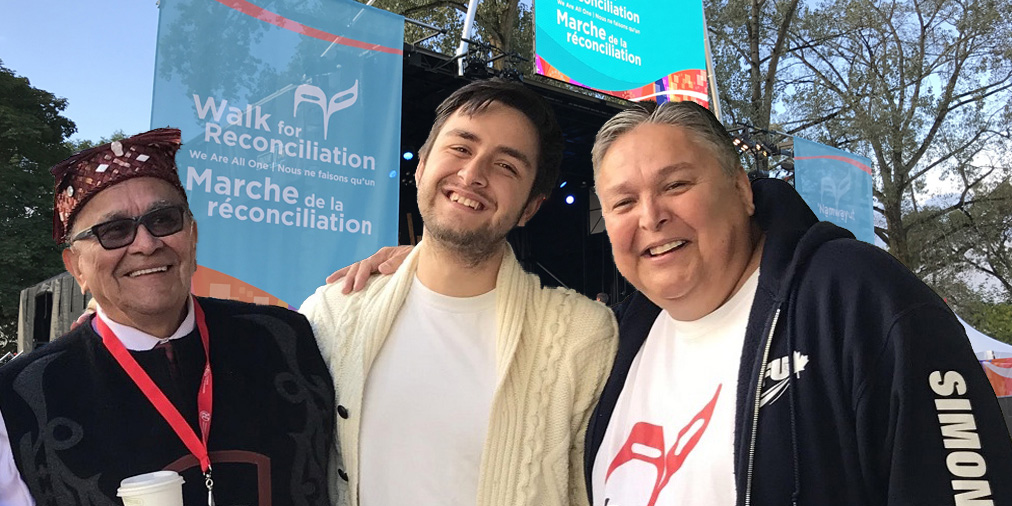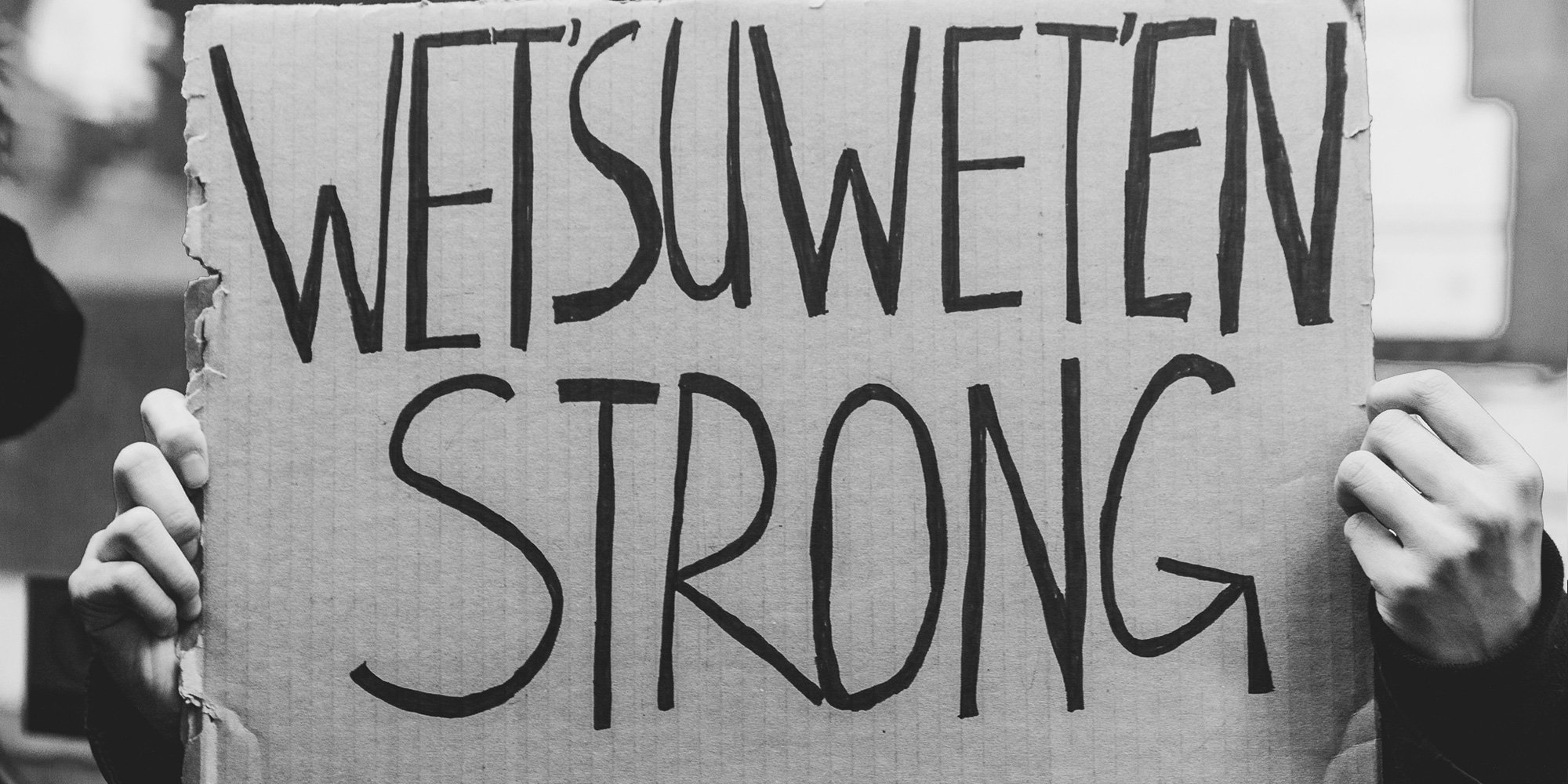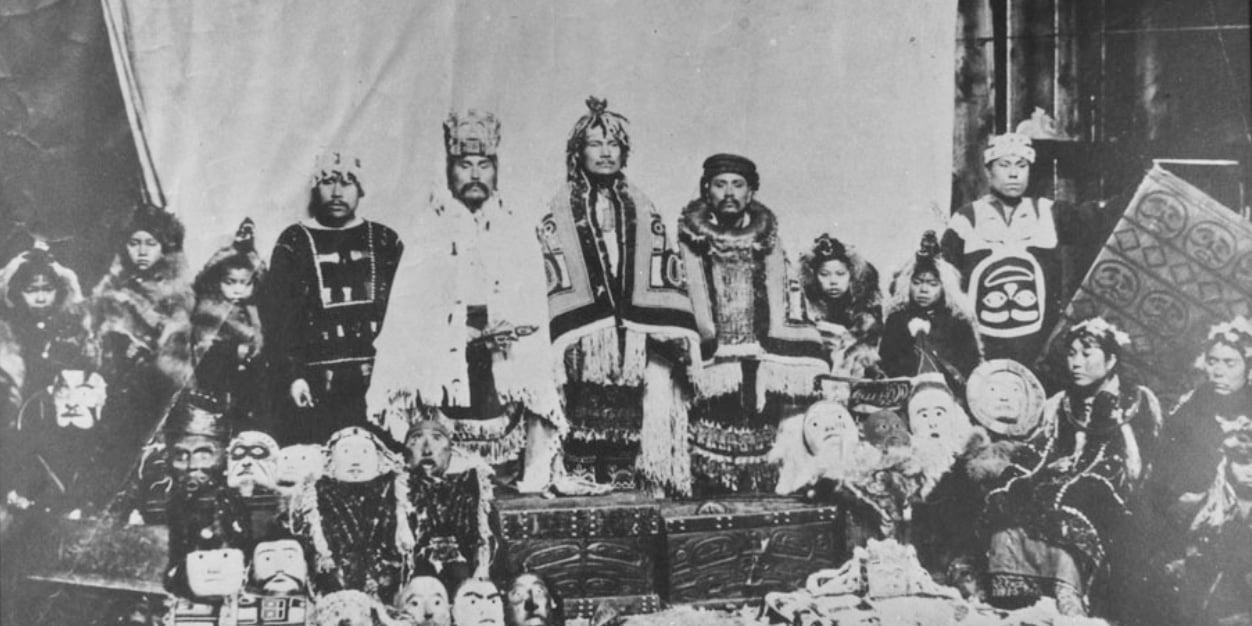Hereditary Chief Definition and 5 FAQs
The great aim of our legislation has been to do away with the tribal system and assimilate the Indian people in all respects with the other...

When planning your consultation and negotiation meetings with the Nation on whose traditional or treaty lands you hope to work, it’s important to get things off on the right foot.
Chiefs and Council have a tremendous number of responsibilities to their communities, to meet Aboriginal Affairs and Northern Development Canada requirements (for those that are not self-governed) and frequently a high number of requests for meetings from organizations also wanting to work with them, proposals to review etc. If you want your organization to be viewed in a beneficial light, don’t waste their time. Send the right people to meetings - they should be informed and prepared to negotiate and make decisions.
If you will be meeting with Chief and Council your organization should send someone of equal stature – the CEO and/or President. It can be seen as disrespectful to send anyone further down the organization and it puts whomever you send on the spot as they could be challenged with “Who are you and why are we talking to you?” How do you answer? You can say you are there representing the CEO. If you don’t have decision-making powers, it’s a good idea to have the CEO on standby, brief her/him on what has transpired to date, and what you should say in response to the terms. A better, more respectful and efficient scenario is to have the top brass attend so that it is a true chief-to-chief negotiation.
If you work for either level of government and have been assigned to attend a negotiation meeting with a First Nation community, you too will be challenged on who you are. What do you say? We suggest something like this “I’m the Minister’s representative so when you’re talking to me, you’re talking to the Minister. I have their authority to gather information and help gather information and even form decisions, but like yourselves, I cannot make decisions in isolation and do need to talk to my colleagues.”
There isn’t a hard and fast rule on this but we believe that in initial meetings and when referring to the Chief, we suggest you use their full name - Chief Robert Joseph, for example.
As time goes on you could shorten to Chief Joseph and eventually just Chief if you sense there is comfort there but you want to be sure there is only one Chief Joseph. There can easily be more than one Chief Joseph as a result of the naming policies of the Indian Act - you could find yourself in an awkward situation.
If you have developed a strong personal relationship with the Chief and have been given permission to address her/him on a first-name basis, do so, but when in front of the community, we think it’s advisable to slip back into the more formal address.
Then, there is the usage of traditional or spiritual names. Read “First Nation Protocol Usage of Ancestral and Spiritual Names” for some insight.
In our Indigenous Consultation and Engagement training, we provide tips and guidelines to support your efforts to consult respectfully and effectively. This training is an extension of our Working Effectively with Indigenous Peoples® training, and both are available in multiple formats.
Featured photo: Bighouse and Ceremonial Canoe, Klemtu, BC. Photo: A.Davey, Flickr

The great aim of our legislation has been to do away with the tribal system and assimilate the Indian people in all respects with the other...

The Wetʼsuwetʼen protests in 2019 and 2020 were widely reported on and sparked public interest around one of many misconceptions of Hereditary Chiefs...

The role and responsibilities of First Nation Chiefs, traditional or elected, are not easily defined and are not synonymous across Canada due to the ...